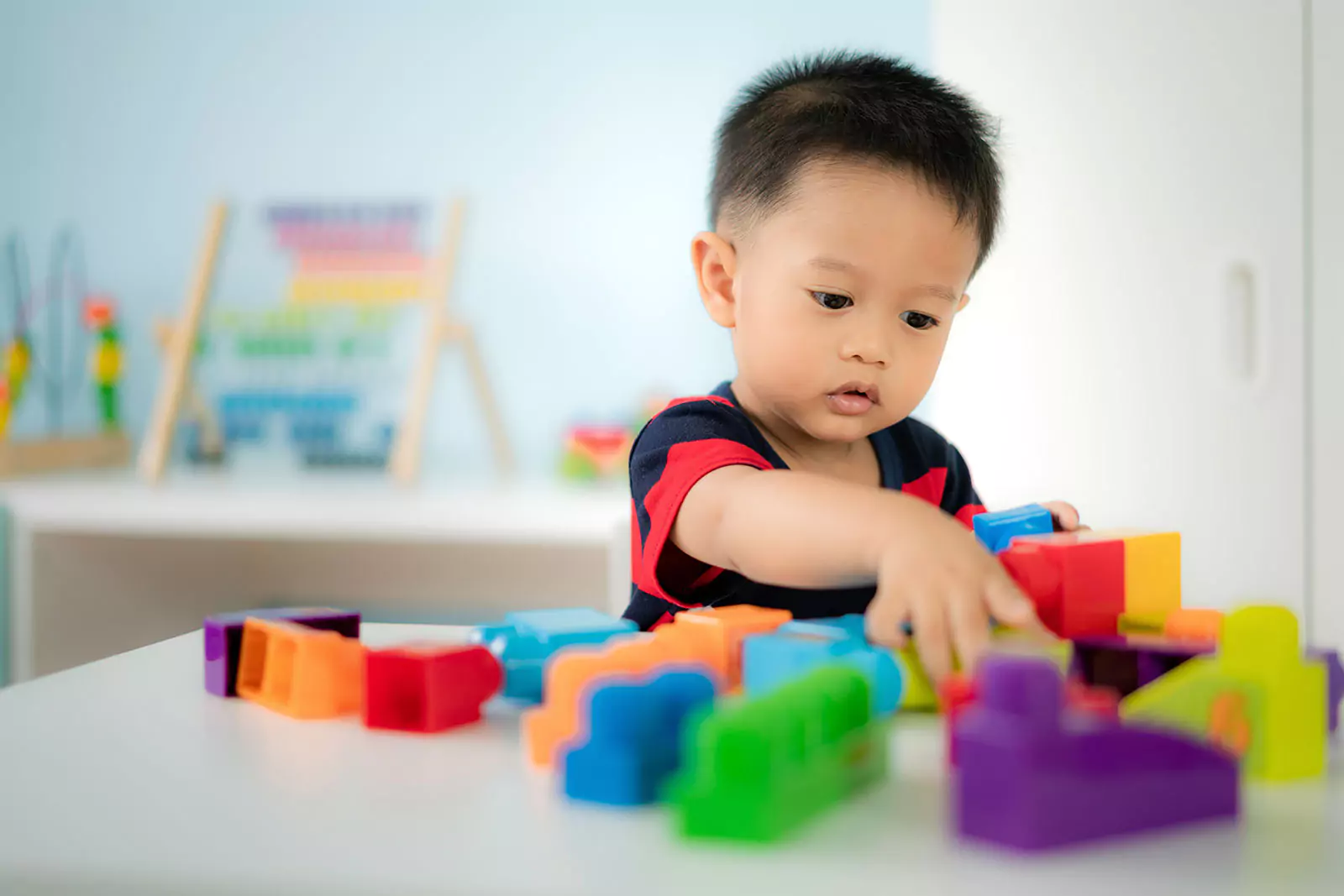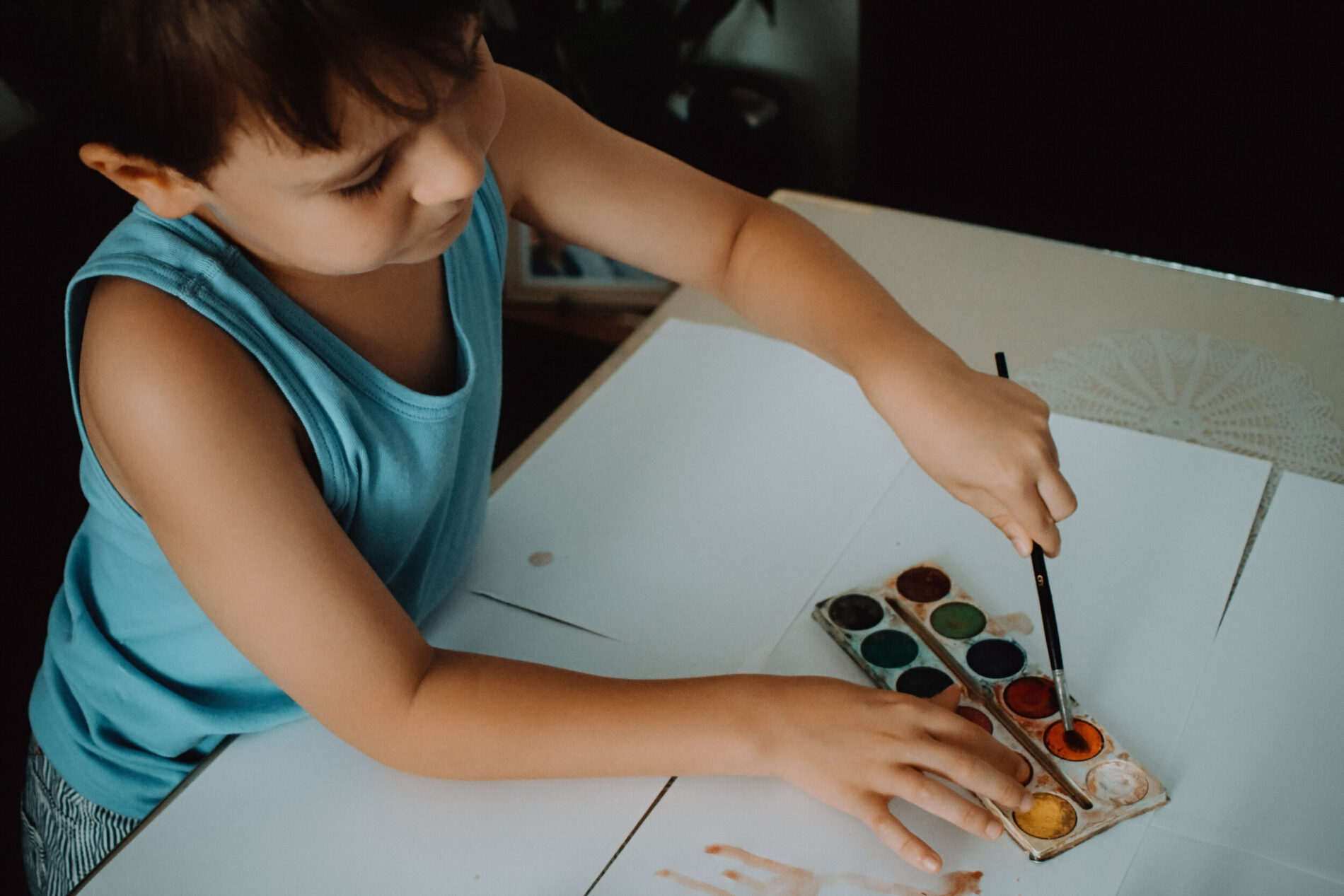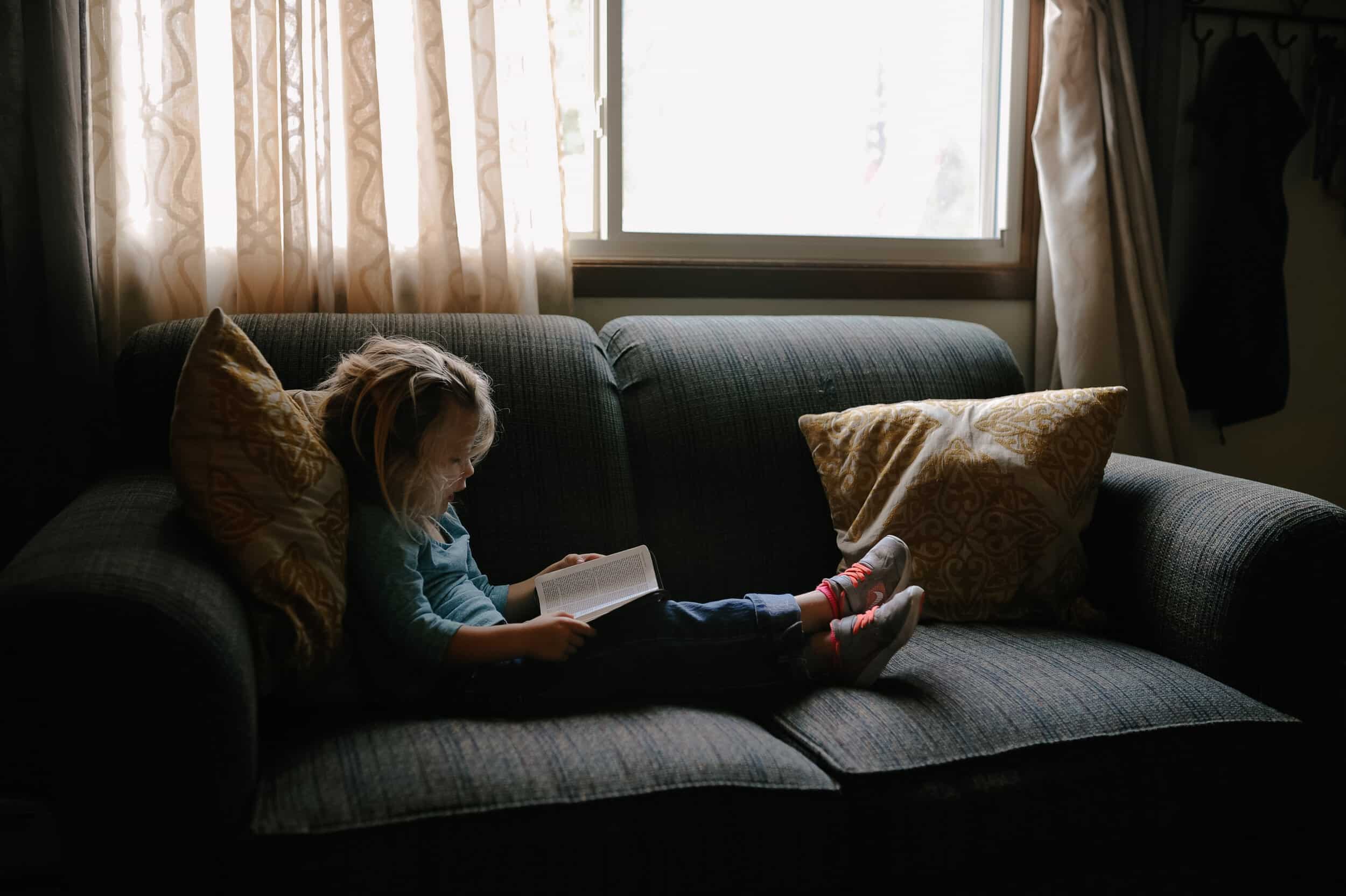CBT focuses on teaching your child about their thoughts, emotions and behaviors by identifying patterns of behavior and
Cognitive Behavior Therapy For Children and Adolescents
At The Sutcliffe Clinic, we understand the profound impact that negative thoughts and actions can have on young minds and how these distorted thinking patterns often form the root of issues like anxiety, poor anger control, substance abuse, and more.
As an evidence-based practice, we hold cognitive behavioral therapy (CBT) as a core component of our integrative mental health treatment approach. Extensive medical literature demonstrates the substantial benefits of CBT for a variety of conditions in children and adolescents.
A Personalized CBT Plan
Our team of therapists is extensively trained to deliver CBT interventions personalized to each child’s needs and maturity level. We carefully assess emotional states, behaviors, and thought patterns to identify treatment targets.
Goals are set collaboratively, and age-appropriate strategies like cognitive restructuring, anxiety exposure methods, social skills rehearsal, and emotion regulation tactics are gradually acquired within an encouraging environment that empowers progress.
Tailored CBT homework assignments further cement emerging skills into real-world settings as children regain competence in navigating academic, family and social connections. We partner closely with parents to promote consistency across school, home, and clinic. Our therapists adeptly convey warmth and cultural competency while asking probing questions to foster insight and trust.
Progress is regularly evaluated, and techniques are recalibrated to ensure durable gains. Even though the process can sometimes initially intensify emotions, consistent support from parents, caregivers, and friends can help children develop permanent skills for navigating life.
Our families notice gradual improvements in defeating negative thoughts, self-regulation, school performance, and interpersonal relationships.






